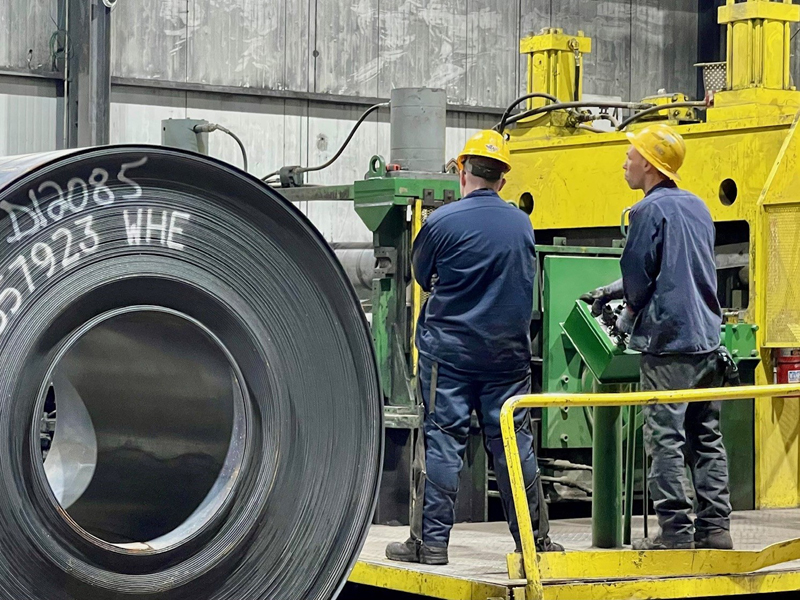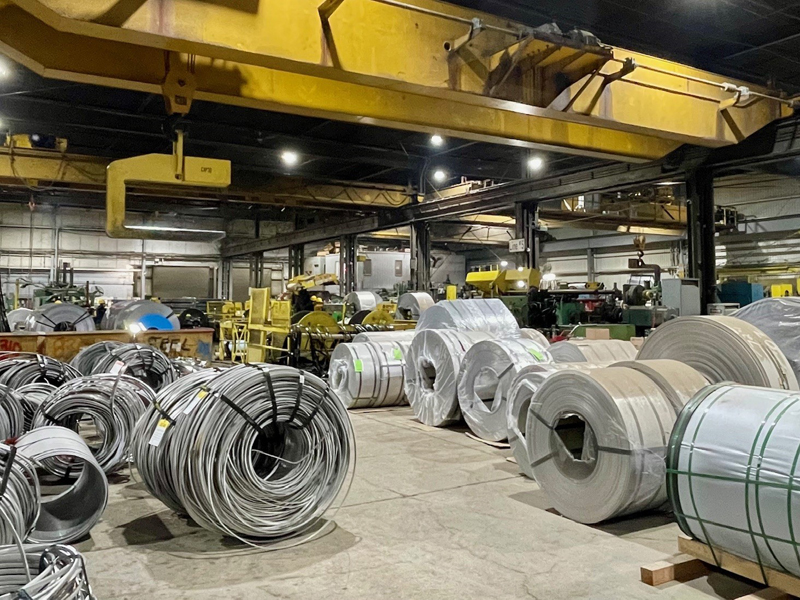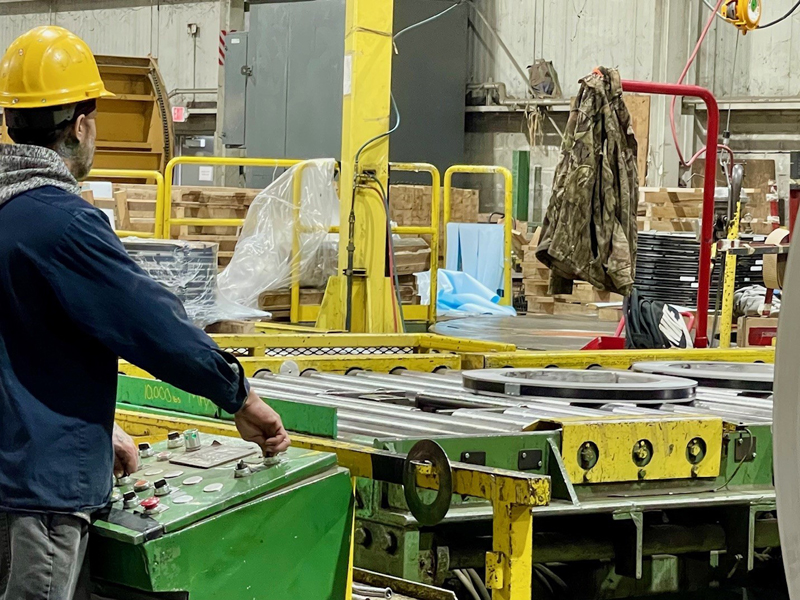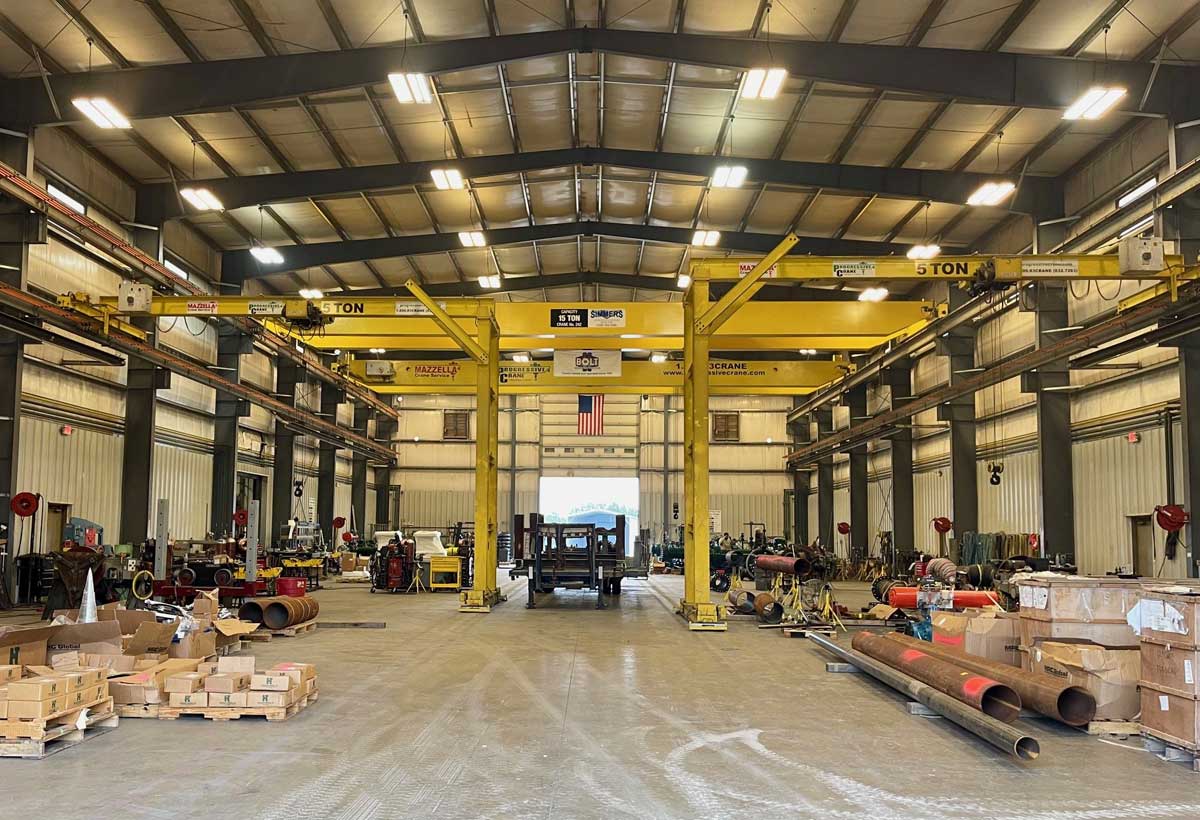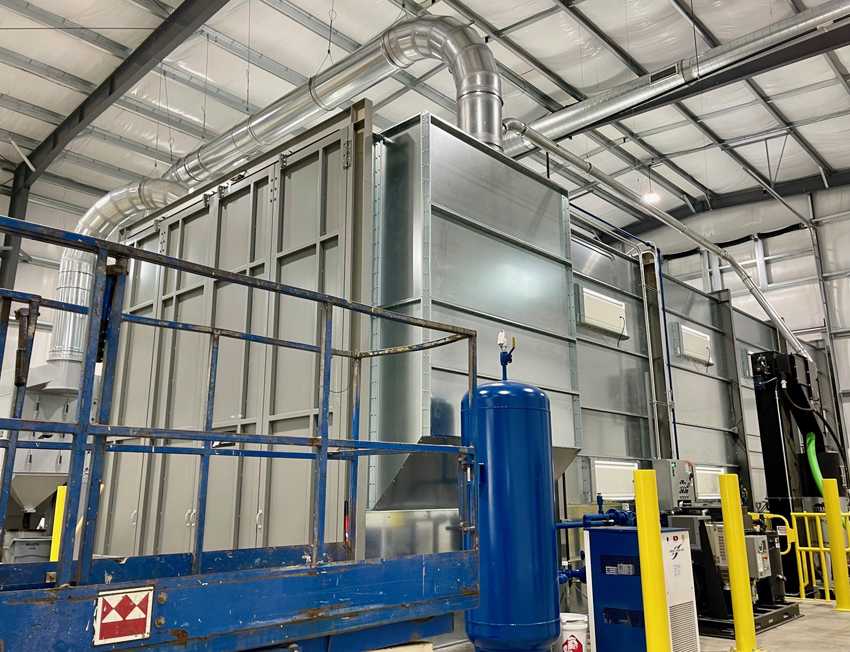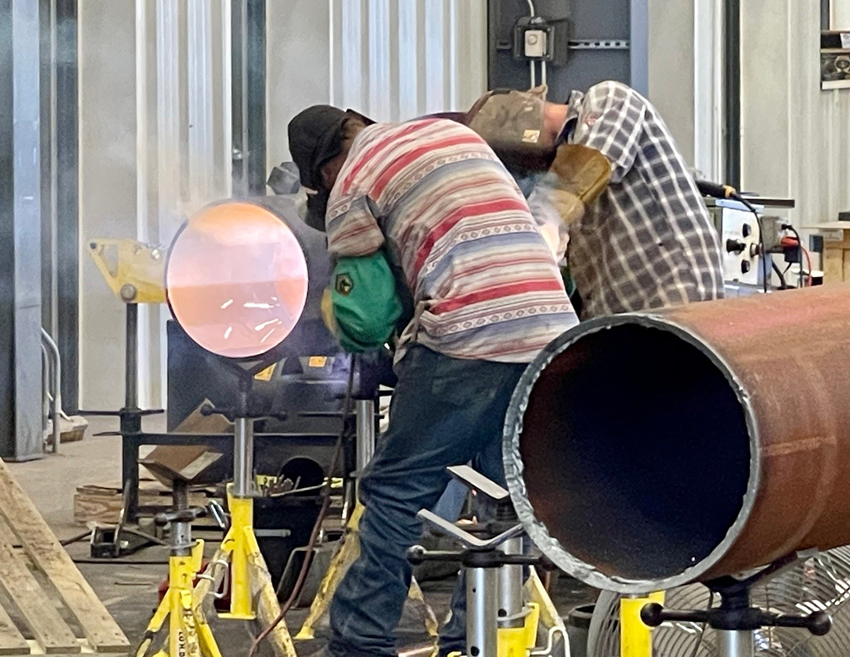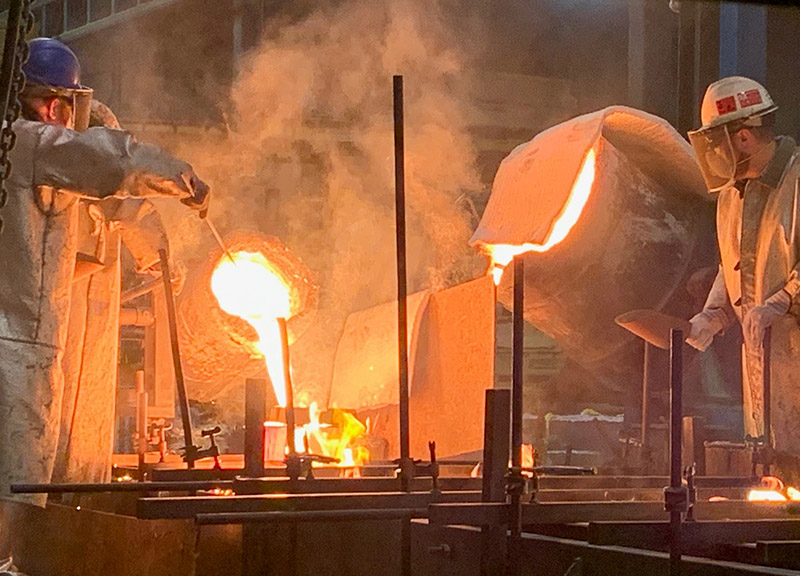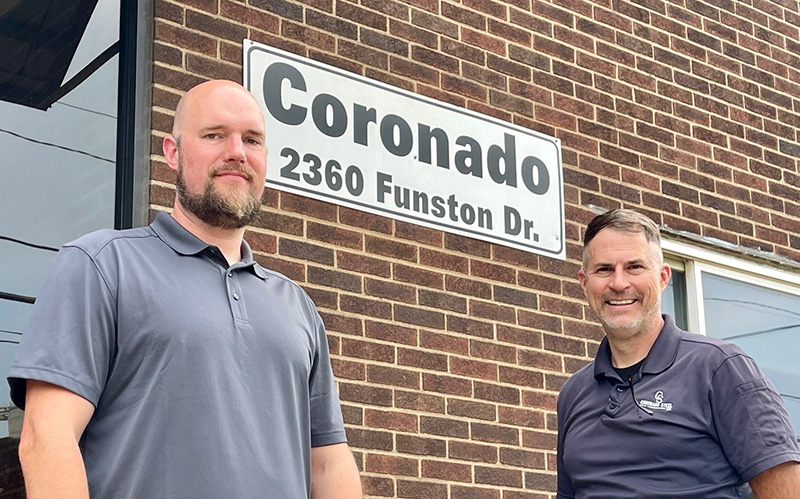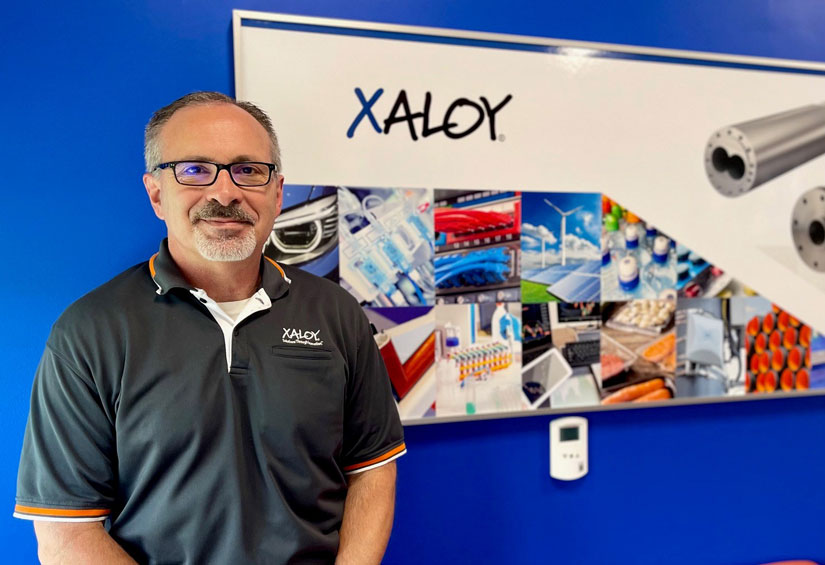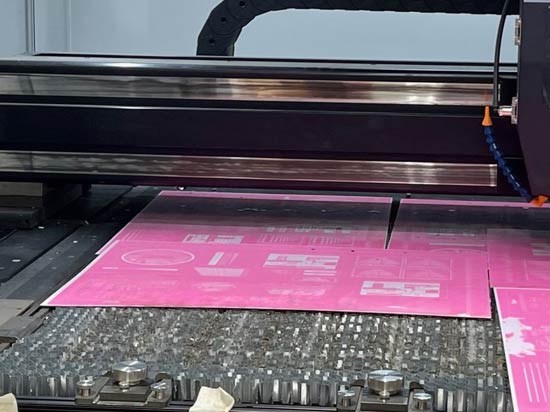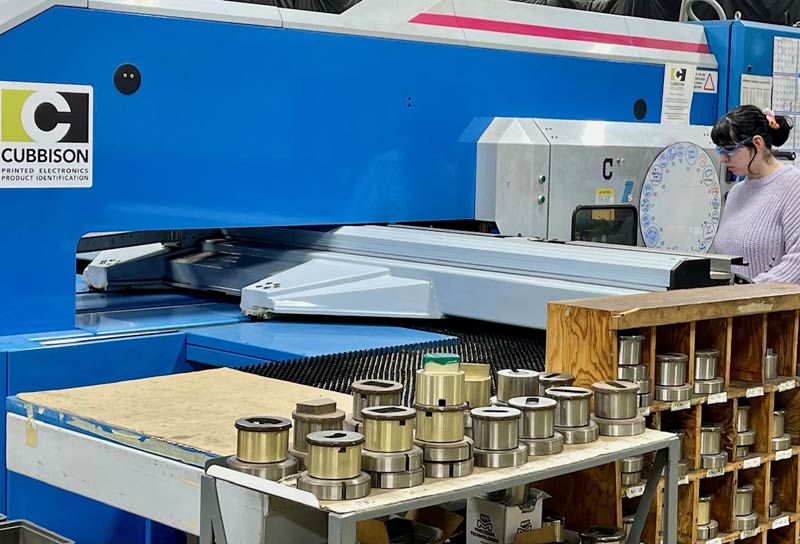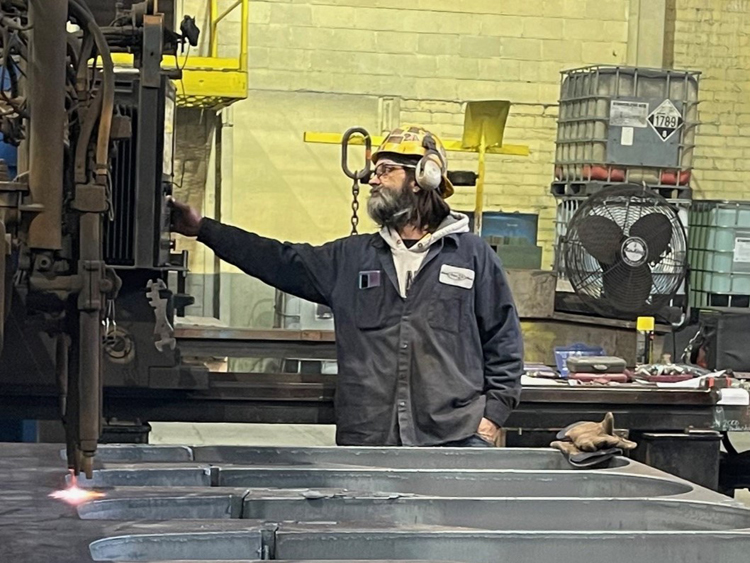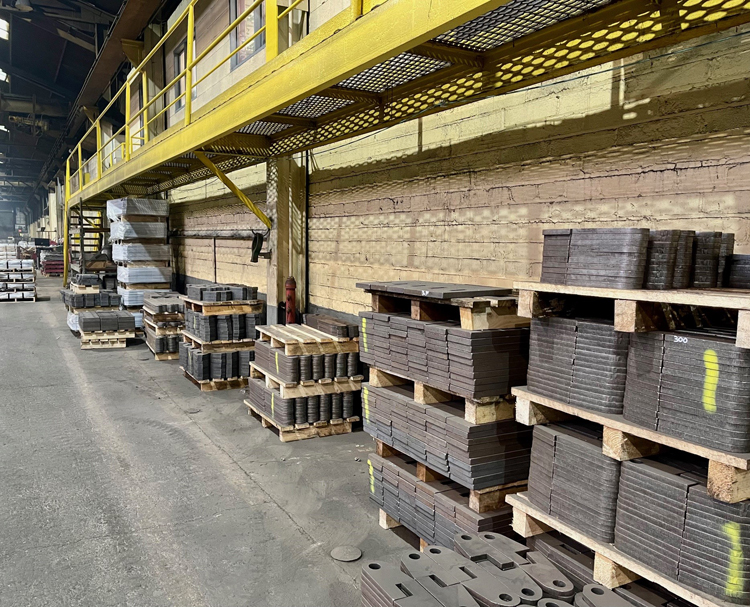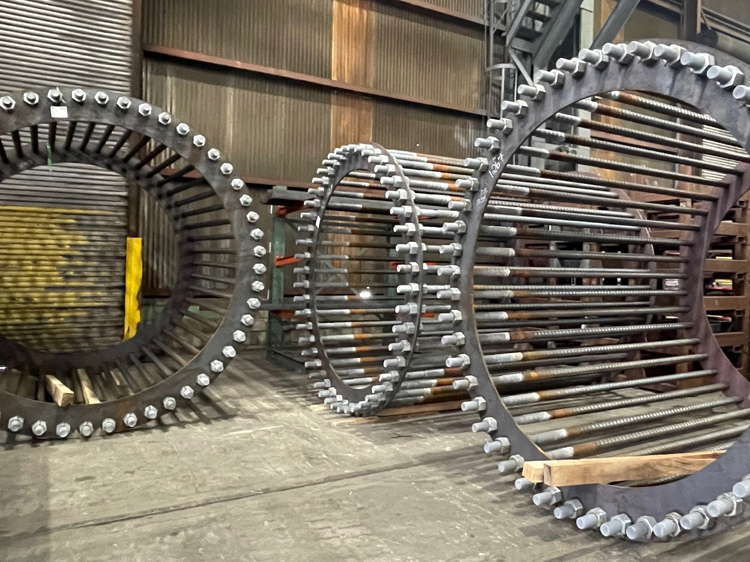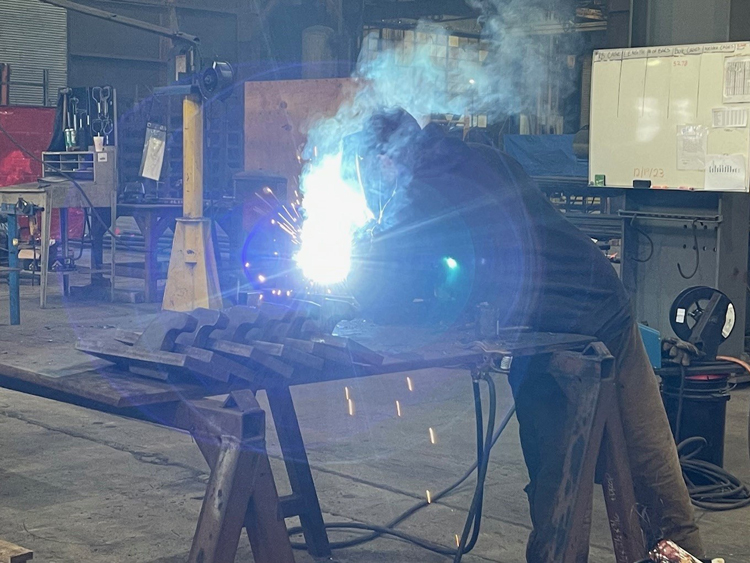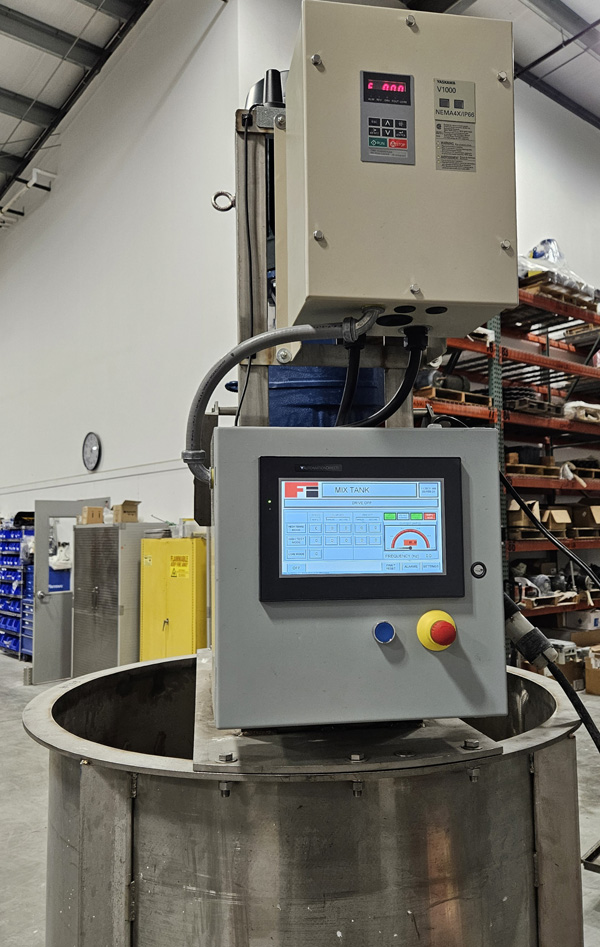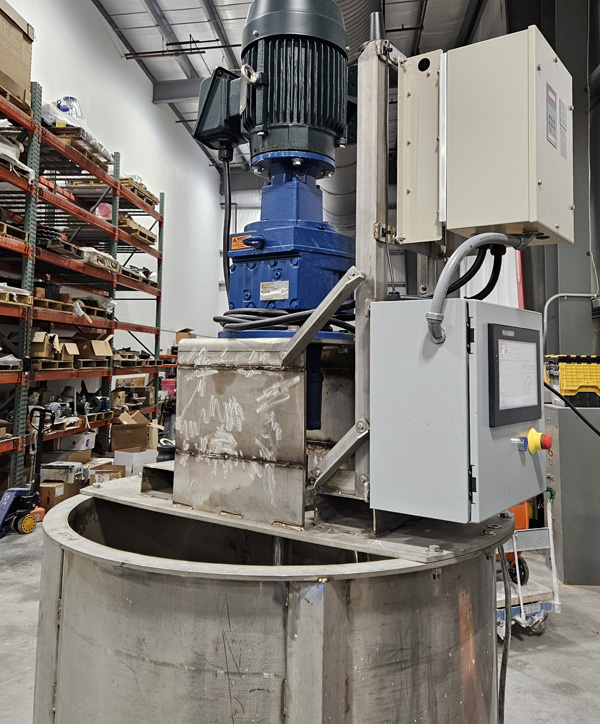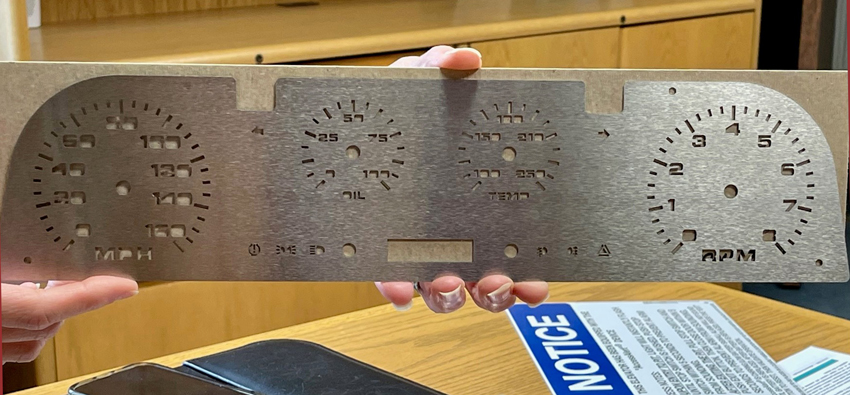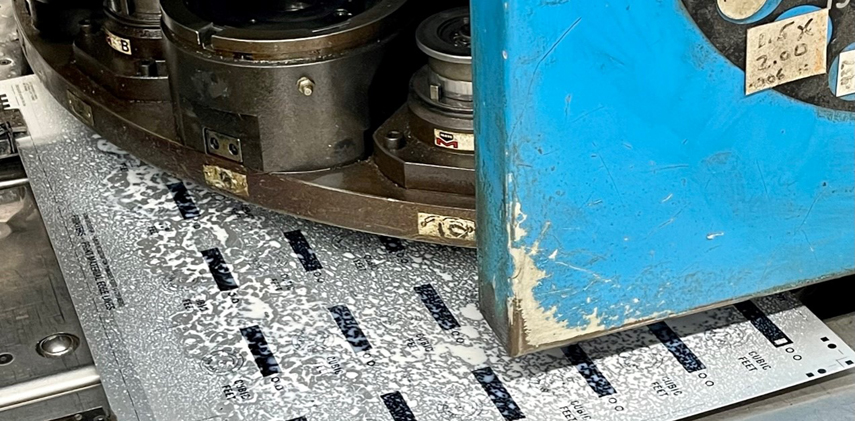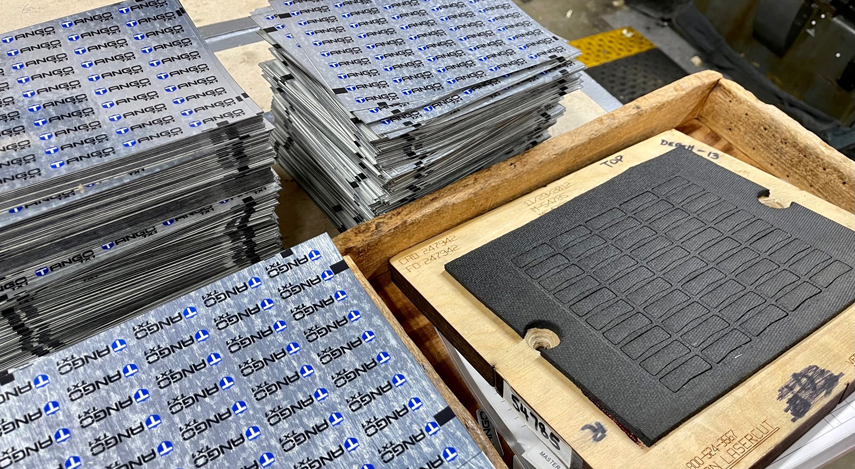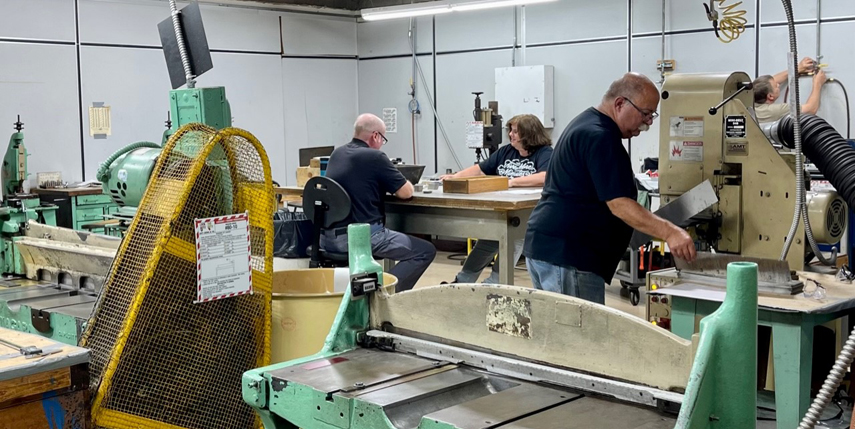SHAPES Unlimited has been a trusted name in the aluminum building products industry since 1996. Based in Youngstown, the company supplies fencing, railing, window, and door components to hundreds of customers across the Northeast, Midwest, and Southeast.
Inside its 100,000-square-foot facility, SHAPES Unlimited’s 40 employees handle everything from fabrication and powder coating to final assembly. With a vast inventory, the company is built on innovation, efficiency, and long-term growth.
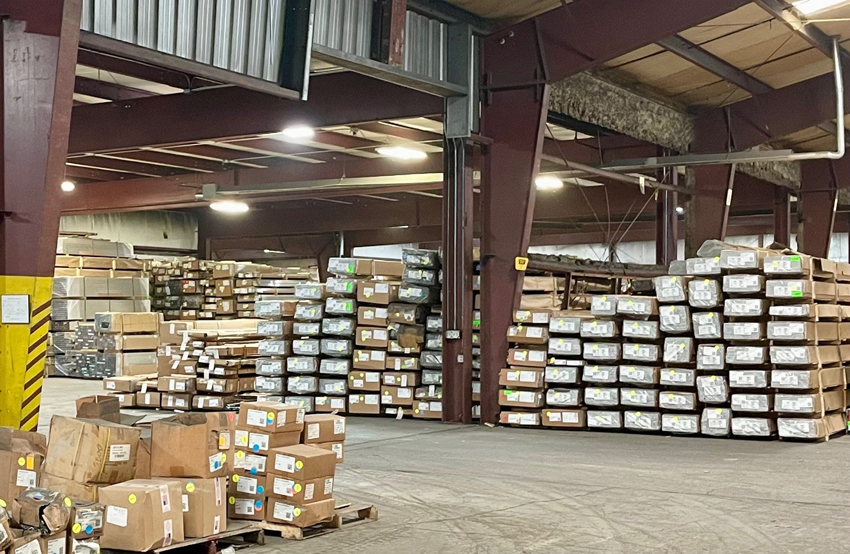
“We want to be the single-source supplier for our preferred customers while continuing to grow and innovate,” said Doug Rende, CEO and president of SHAPES Unlimited.
Those goals include exploring options for a larger facility, as well as looking at satellite locations in the Southeast to better serve those customers.
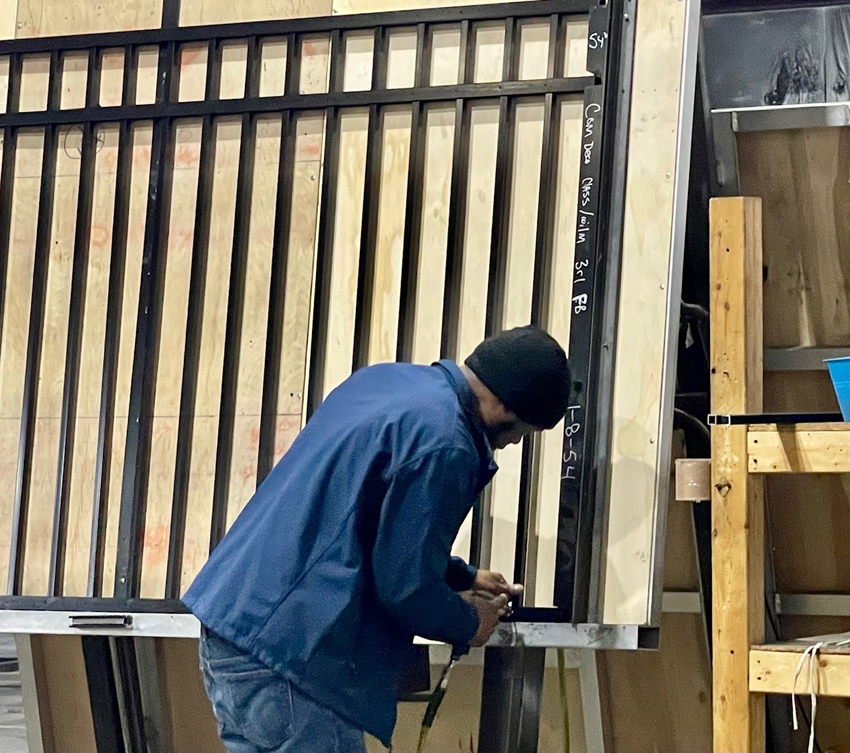
Investing in the workforce with MVMC
Joining MVMC is a strategic move for SHAPES Unlimited. The company recognizes the value of being part of a network that connects manufacturers with workforce resources and opportunities for collaboration.
“We want to be more visible in the community,” Rende said. “That visibility is crucial not only for our business but also for attracting and retaining employees who align with our values and goals.”
By engaging with MVMC, SHAPES Unlimited aims to strengthen its workforce and ensure a steady pipeline of talent.
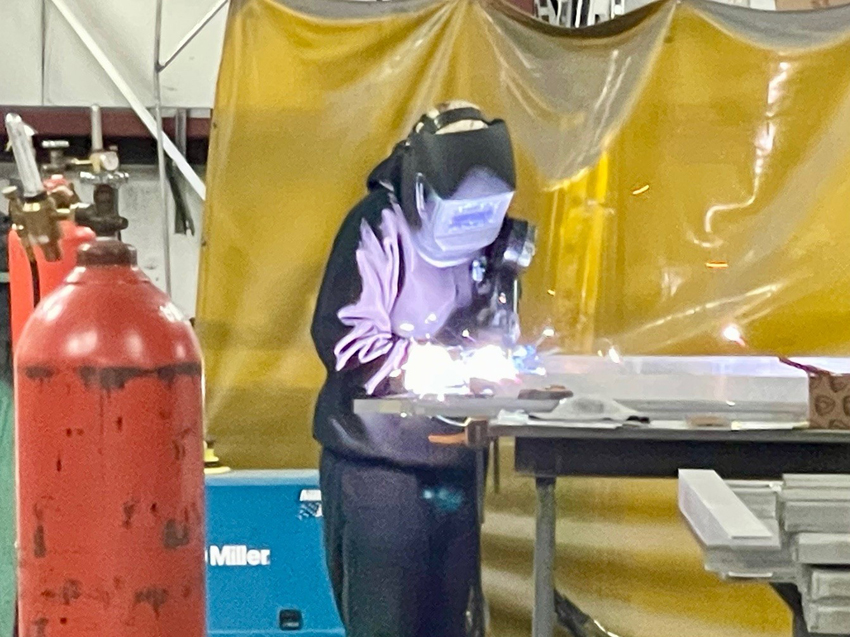
With the company in a consistent hiring mode, Rende emphasized a core philosophy of providing opportunities to individuals who need a fresh start.
The company actively recruits employees through hiring agencies offering career paths to those overcoming personal challenges. Rende believes this helps build alignment to our core values and makes a positive impact on the community.
“This isn’t just about giving someone a job,” he said. “It’s about providing a career path and a chance to rebuild their lives, along with SHAPES’ commitment to the tools and training for advancement.”
SHAPES Unlimited sees MVMC as an asset to enhance those efforts even further.
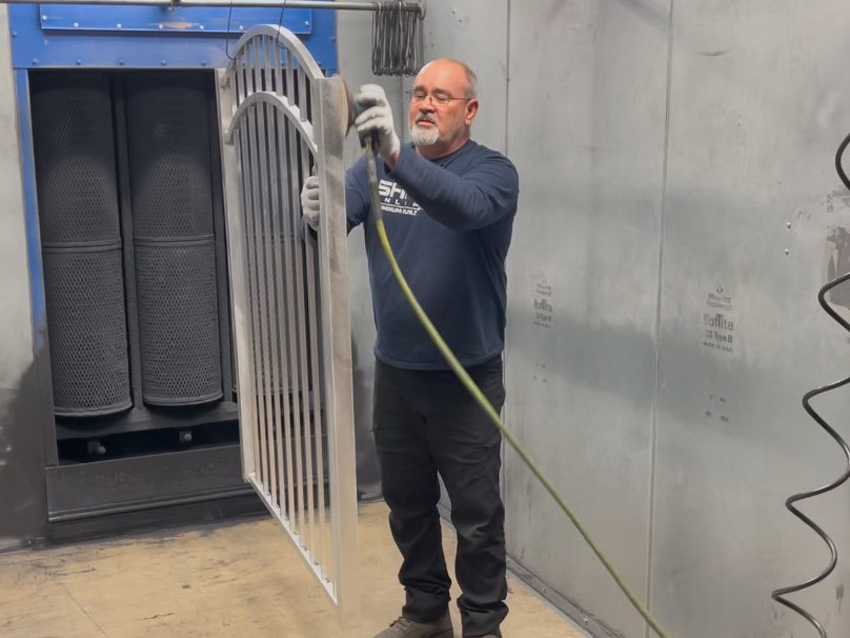
Building skills, careers and opportunities
The company plans to participate in programs like WorkAdvance and apprenticeship training, which provide employees with opportunities to improve their skills.
“We want to create a culture where employees feel supported, take the initiative and have opportunities and new meaningful skills to advance,” Rende said. “MVMC’s workforce programs will help us give our employees the tools they need to succeed, whether that’s through training, mentorship, or career development.”
By investing in its team, the company is ensuring long-term success for both employees and customers.
Jordan Nye, the operations manager at SHAPES Unlimited, recently had the chance to observe WorkAdvance in action. He believes it helps build a stronger candidate pool.
“It’s great visibility for us and for the individuals going through the program, allowing us to connect with motivated workers who may not have had traditional career paths,” Nye said.
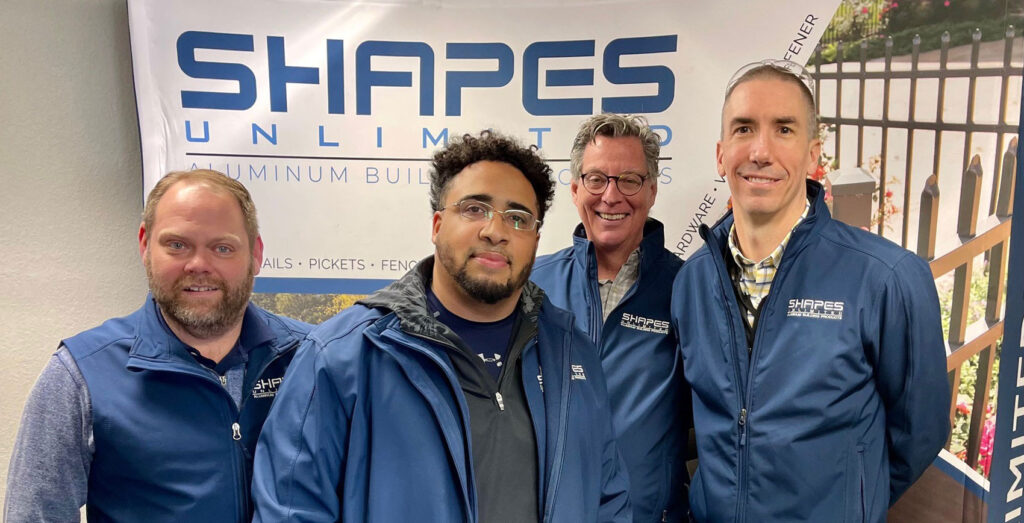
Growth and going forward
As the company continues to grow, it’s committed to strengthening both its workforce and the greater Mahoning Valley manufacturing community.
Becoming a part of MVMC allows the company to build stronger industry relationships while supporting initiatives that benefit the entire region.
“We believe in challenging the status quo and always looking for ways to improve,” Rende said. “Through MVMC, we can build stronger relationships, enhance our workforce, and contribute to the future of manufacturing in our region.”

